|
The Skyscraper, an ivory tower of modernity where capital reigns supreme. The grand facade of steel and glass overlooks the masses, a modern symbol of power that sculpts the world. Christoph Hochhäusler's The City Below is an exquisitely designed thriller, a film of impressive formal precision that rigorously crafts a haunting experience in which the everyday cityscapes of modern living become figurative objects for Hochhäusler's penetrating tale of power. The directorial vision here is precise and just frankly, masterful. Cold, sterile interiors exude a quiet sense of alienation and social detachment while the grandiose glass facades of the skyscrapers are omnipresent in the exterior photography, their reflective edifices manipulated by Hochhäusler in a way that visually expresses the stark hierarchy of capital vs. labor, in which the powerful literally and figuratively live amongst the clouds looking down on others. Perhaps one of the greatest films of the decade, The City Below beautifully invokes the Financial crisis of 2008 and the lasting and likely recurrence of such issues through its deconstruction of power. Power intrinsically relies on coercion. For those who wield power, like Roland, the executive banker who rests at the fulcrum of this story, this subjugation, and acceptance by others is expected, it's just like breathing for him. It's the allowance of such power within our social order, how we in the west look up to it and ascribe virtue to it that enables this coercion both within our borders and beyond. Transnational capitalism of course relies on similar subjugation of the global south, and in this film's exceptional denouement The City Below posits that rebellion from such recurring economic subjugation is inevitable. One of the defining films of its respective decade, The City Below is a stone-cold, meticulously designed socio-economic thriller that uses the erotic thriller framework of infidelity and desire to deliver a potent critique of transnational capitalism - this one deserves a far larger audience
0 Comments
Wonderfully captures how quotas and quantification brought by techno-capitalism have eroded more qualitative aspects of living in which human behavior cannot be so easily parsed, sculpted, and defined within clean parameters despite the authoritative impulse to do so. Love how desolate and cold this film portrays modernity, it exudes a consistent sense of melancholy through a simple character study framework that draws from social realist formal sensibilities to deliver an acute critique of our increasingly disparate reality. This is a character adrift and to characterize her as aimless would be a gross miscalculation. Zero Fucks Given really lays the groundwork - this character's embracement of the anarchy intrinsic to living, her impulsive behavior is informed by the external, a direct response to the strictures of her environment, one in which the spontaneity of life is dissuaded due to it going against the expectations of labor under a techno-capitalist social order in which the physical body itself is merely a tool for capital and commodification. While some of the more intricate character dynamics related to her family didn't quite work for me, Zero Fucks Given feels lived-in and authentic. It has a specificity to aviation hospitality industry but much of what it exhibits is of universal concern, elucidating how connectivity itself is a deeply primal necessity that has pervasively been reconfigured, becoming merely another transactional process that can be exploited.
Wish the film was more comfortable sticking with its more eccentric first half instead of divulging into a generic spy caper narrative in its back half that saps the vitality and distinctive modes of meta-comedy it was crafting. The dynamic between Pedro Pascal and Nicholas Cage is the heart of this film. The choice to tether it to a more traditional narrative plotting feels like a cop-out as if producers were concerned with an eccentric buddy comedy between these two wasn't enough to sustain the film. In conforming to this more by-the-numbers third act for the presumed sake of bombast, the film ultimately feels like it becomes something it was inevitably critiquing, and loses much of the personality and specificity of its focus that made the first half so enjoyable. Pedro Pascal the MVP of this one and I just wish much of the film had the courage to focus on the relationship between these two wildly eccentric characters instead of needing a plot device that "raises the stakes".
Hard not to admire something this beautifully constructed, every frame meticulously detailed to deliver a rich tapestry of nightmare fuel. Not sure I've seen anything quite like this, a film so inventive and textured, the layers of this world it creates and the scale it exhibits is really special - this is truly a work of art in its purest sense. An amorphous plot makes this not a film one should attempt to follow but more simply experience, as Tibbett paints a rich canvas of transgressive pleasures and apocalyptic pageantry, one that quakes with pain and nihilism about the nature of existence, the cyclical nature of violence, and the cruelty of such a world. Constructs a grand edifice of wonderment and horror that truly shouldn't be missed.
Was not prepared for how structurally radical this film is - the throughline narrative being complemented wonderfully by tangential vignettes and elliptical devices that exquisitely reinforce the film's theme while reaching towards something that feels existential in its exploration of our relationship with nature purveyed through culinary delights. Tampopo reverberates with such vitality, from its playful narrative flourishes to its deeply sensual gaze that features some of the most erotic sequences I've ever seen. Tampopo pronounces its dynamism from its opening setpiece, and the main thread has a lot in common with the sports film in its deployment of montage and narrative sequencing grounding the film with an inviting core. A delightful, inventive, erotic story of our intimate relationship with food that wields its inspirational story as a base structure agreeable to the film's more anarchic narrative proclivities. Wonderful stuff.
Our collective aversion to artificiality even when it is necessary for survival. Corporeal impulses and senses are resolute, determined by the natural world while cognitive processes can deceive due to our mind's malleability - social expectations, the status quo, etc. Humanity's proclivity towards rejecting change resides in part to our inability to listen and adjust to our material reality. Our collective narcissism a detriment in itself to survival. Perhaps this is one of Cronenberg's more explicit works thematically, but it's wonderfully realized with some solid subtextual ruminations on celebrity, art, and how we cling to old ways of understanding instead of embracing transhumanism. Unsurprisingly, the world Cronenberg creates is so textured and evocative, projecting a cold decaying world that refuses to adapt to the material conditions it faces and created due to this perceived dissonance between the body and the mind.
Well cast and performed, everyone gives this sprawling ensemble drama their all. Kosinski truly is an effective stylist, his directorial sensibilities pronounce his potential as an industrial filmmaker and one who I could see helping revitalize the Adventure film, a once-prominent genre deployed by Hollywood that has been languishing in recent years. Other people have stated it but he basically does outdo Berg in this ode to heroism and traditional masculinity. Only the Brave just feels too steeped in Machoism and the precept that toughness-infused masculinity is essential to living a good, moral life. I guess that's likely always the rub with these types of films - traditional masculine hegemony when it comes of roles, norms, expectations of living. Pretty damn good dramatically though due to the formidable direction and performances.
In the Line of Duty 3 exhibits an unwavering proclivity for flamboyance and panache in nearly everything it does. Everything about this film is cranked up to eleven; The melodrama! - The Duo Robbers, an antagonist couple who like to play rough in the bedroom and out. One of them is dying from cancer and In The Line of Duty 3 milks this for all its worth to imbue their quest with an overindulgent romanticism that I was here for. Everything is amplified - the pronounced speed-ramping and general brutality of the action sequences put a primary emphasis on motion and visceral bloodshed. Cynthia Khan's B-story is largely just a distraction from the film's cop vs. criminal narrative thrust, and one of the least interesting aspects of this film that just weights it down. In the Line of Duty only knows one gear outside of this distraction and it moves vigor otherwise.. While I can't say this is a better film than either Royal Warriors or Yes, Madam, in the Line of Duty 3 is still imbued with a kineticism in everything it does, featuring a bevy of memorable action sequences that got me starting to consider that In the Line of Duty may be one of the more underrated cop action franchises around.
The serpentine entrenchments grafted onto identity and notions of self by technology; The false promises of accessibility and the corrosive effects such excess can place on the ego. The entrapments and oppression of the information age, one in which our flesh and consciousness are constantly prodded and purveyed through our overly connected world in which there is no escape. Videophobia draws from the technophobia common in J-Horror to deliver a quietly penetrating study of alienation and the inescapable nature of modernity. This is an immersive exhibition of alienation in the modern world, one in which the grand edifices of technology - the pervasive screens that inhabit every aspect of our life from cell phones, to laptops - can create a new form of emotional and physical confinement, depersonalization through overabundance. Patriarchal norms and gender imbalances/injustices are profiled as this woman loses control quite literally of her own image yet the film also seems intent on reaching beyond notions of gender or even material concerns, striving to encompass the loss of self in the milieu of modernity. Through the film's high-contrast black and white imagery, Videophobia provides an expressive lens in which the cold, mechanical present of modern-day Tokyo, a spatiality of glass, concrete, and steel, perfectly coalesces with he metaphysical journey in which the loss of control over one's own image leads to the distortion of self. Not so much a film about the artificiality of video connection but of the omnipresence of this system and its expansiveness (the internet) in which there is no control
Anaïs in Love is imbued with such kineticism and frantic movement, deploying a cinematic grammar defined by perpetual motion that beautifully elucidates the impulsivity of affect and the anarchy intrinsic to living. Love and affection are not forces that conform to socially defined structure or order, they are often impulsive, unquantifiable, and incalculable, and what transpires with Anais in Love is a distortion of coming of age narrative and thematic motifs that are ultimately obfuscated in the film's wonderful denouement. With a stellar lead performance by Anaïs Demoustier and a characterization rooted in vibrancy and impulsivity unquestionably viewed as immature by normative social expectations. Anaïs in Love embraces the fundamental truth that control and order is a fabrication, living is by definition unpredictable, and despite specific economic or political systems constructed by humanity, the primal impulse remains unrestrained. Anais is simply a character living in the moment, seizing life in a way which has been made impossible due to economic and political systems that rely on social strictures. There is nothing nihilist or cynical about this perspective, quite the opposite - this acknowledgment of our lack of control is freeing, and Anais In Love in its denouement exhibits the importance of affect, with our feelings being conjured from a source beyond conscious understanding, we as being are awash in a sea of social constructed codes and ideas of living, and sometimes... all you need is love ;)
|
AuthorLove of all things cinema brought me here. Archives
June 2023
|
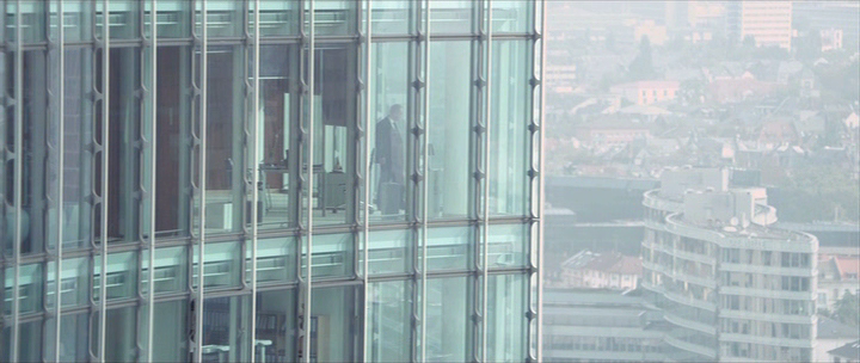

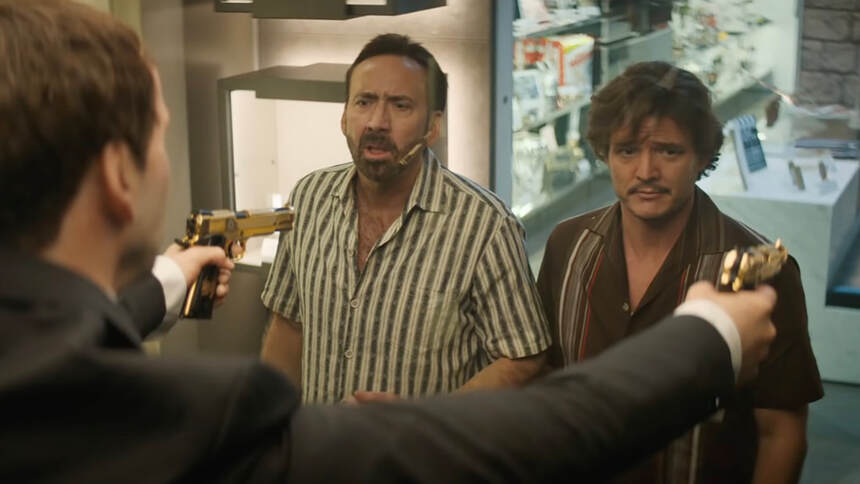
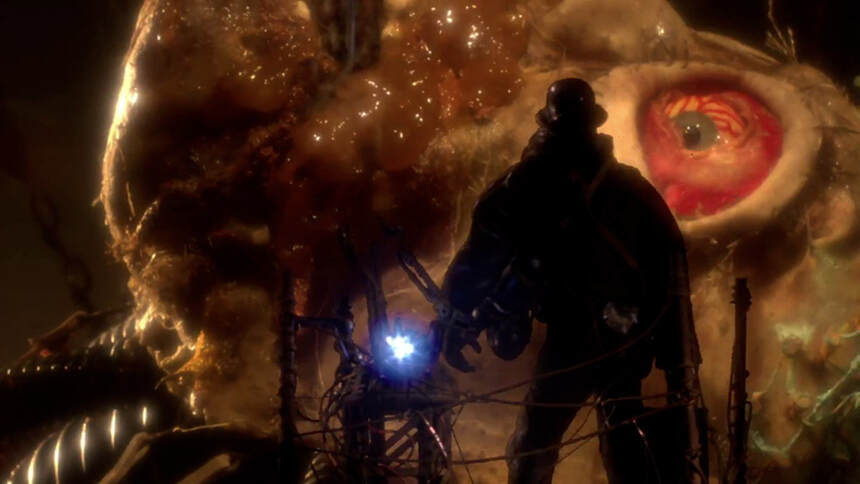

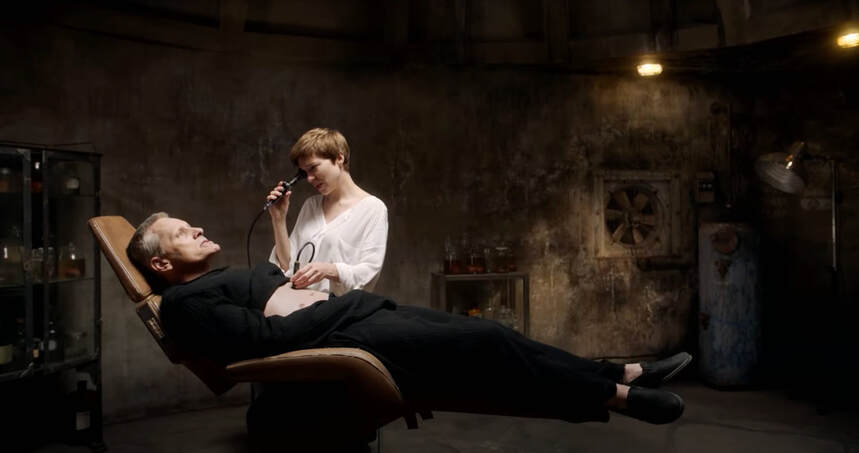
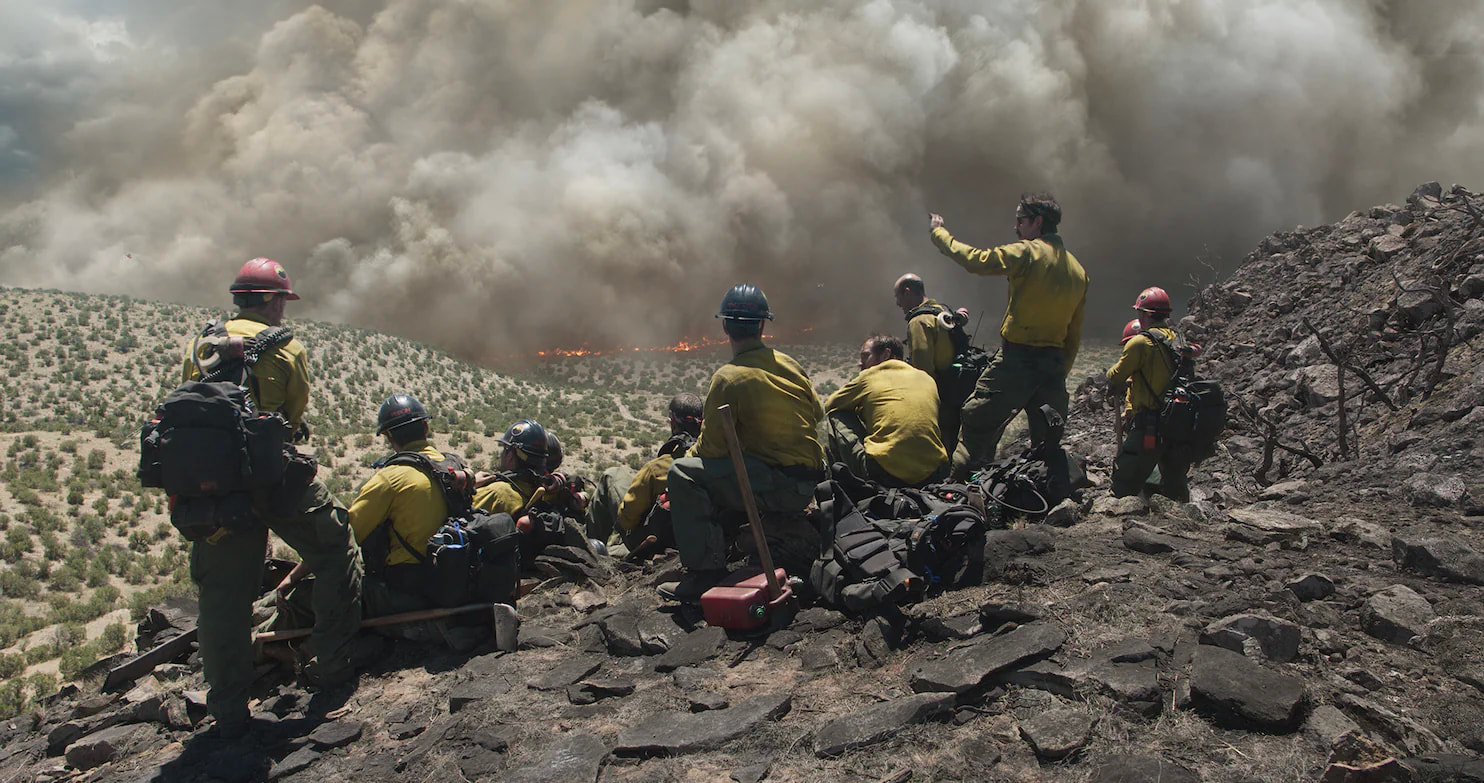
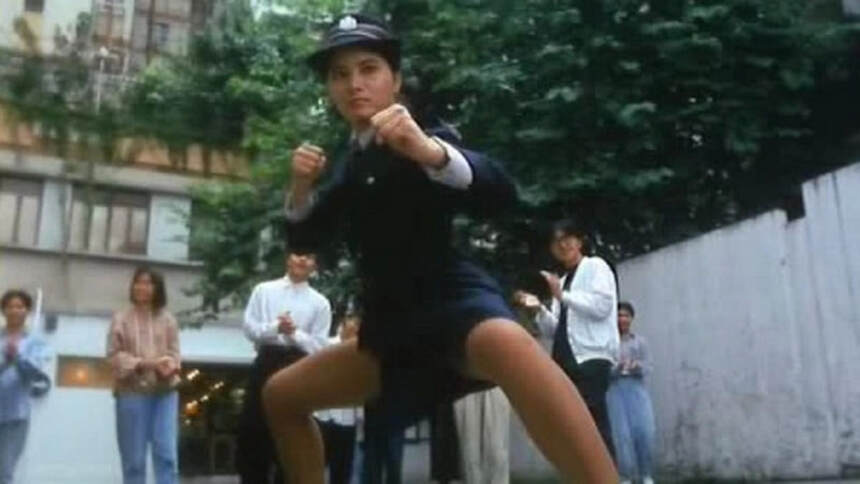
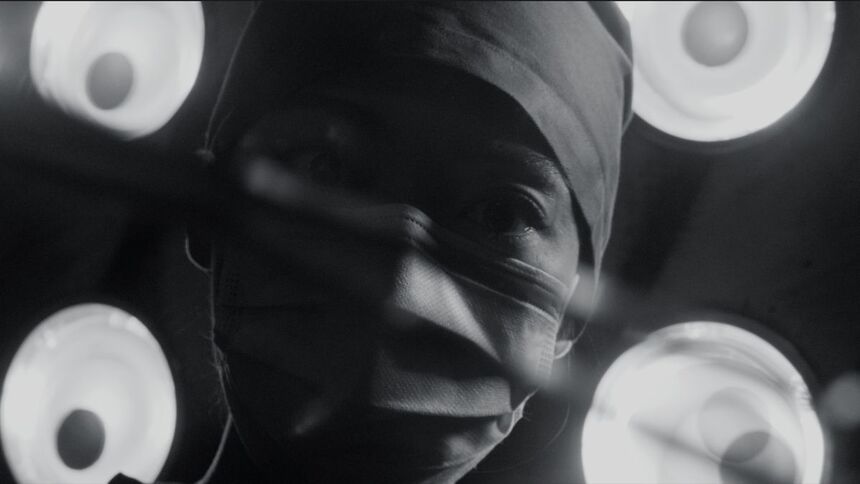
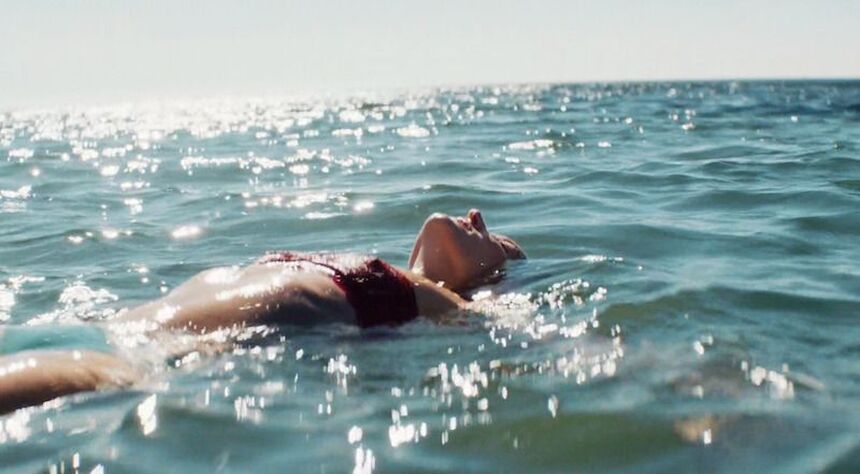
 RSS Feed
RSS Feed
